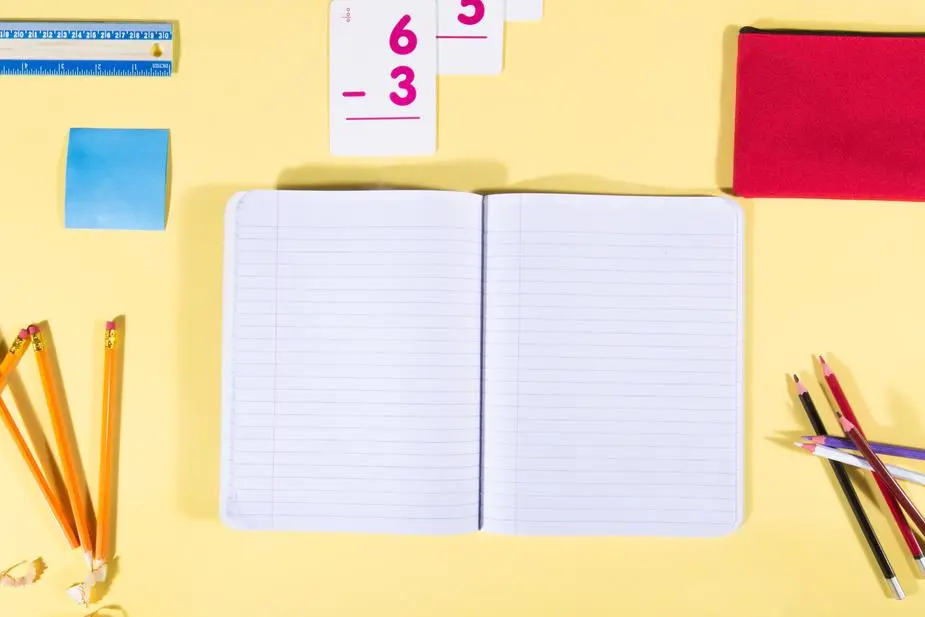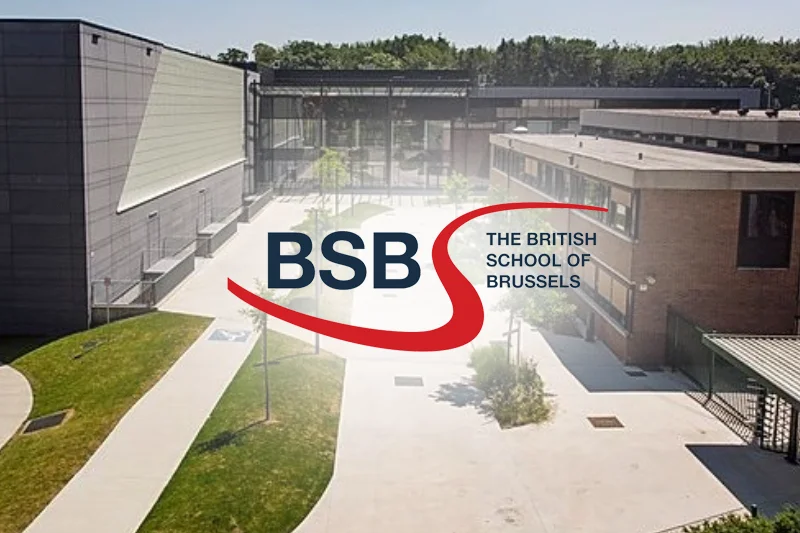As the school year just started and some people are stressed about their upcoming journey in the IB Diploma Programme, we wanted to take the time to discuss perhaps one of the most infamous subjects for its difficulty … physics. It gets some bad rep and many people think that they’re just not “meant” for physics. Wrong! Here we will break down the top 5 essentials for IB physics students to have the best experience with the subject and reach top marks in the exams.
-
Start early
We know you’ve heard this before! However, by starting to study for upcoming tests or working on coursework a bit before the deadline, you will find that it is much more manageable to absorb the information and do well on your classwork. If you are struggling to figure out where to start, try to break down topics into several chunks. Then you can plan to study one a day and make the revision more manageable.
2. Find your study method.
Generally, students procrastinate studying because they don’t know HOW to study. Everyone is different: some like watching videos, others like reading, others like writing, and others like talking through concepts out loud.
If you haven’t found your most efficient way of studying, you will find that it becomes very overwhelming and very little information is retained. The method of studying I personally found the most efficient for me was taking notes from my textbook. I would create a summary with lots of colours. When I got close to a test, I would digitally re-summarise the summary notes from the notebook into an extremely concise and aesthetic document. Then I would print it out.
The act of reading and writing things over and over helped me memorise key information. There are so many resources out there for IB Physics – online textbooks, YouTube channels, quizlets, etc. that you can use to help find your own personal way of studying. A good place to start is with our Lanterna YouTube channel which has loads of videos where our top tutors answer their most frequently asked questions. Check it out here.
3. Get comfortable with the formula booklet
It’s the one of the only things you get to take into the exam and so you want to make sure you know it inside and out! The physics data booklet is full of really useful formulas. By knowing exactly what is in it and what’s not you can ensure that you are not memorising more than you need to.
If you’re struggling to remember what all the letters and symbols mean, try having an annotated copy as well as a blank copy of the formula booklet. In the annotated copy you can write notes about what each letter represents and when to use each equation. It’s great for when you’re studying and the act of annotating it will be revision. Make sure you also have a blank copy like you will get in the exam that you can use to simulate test conditions.
4. Questions questions questions.
There is no better way to feel comfortable and excel with difficult questions than to try them. You can find the “worked questions” for each chapter in most textbooks, as well as trying past papers. There are a finite number of question types that can appear in exams, so doing enough of them will allow you to learn the method to solve most questions that will appear.
5. Patience.
I know sometimes it may feel overwhelming and you might feel like you just don’t understand a topic, but it’s important to keep calm and remember that it takes time and repetition to understand something. So follow the steps, read the theory, and practice the questions, and you will be set to succeeding in physics!



